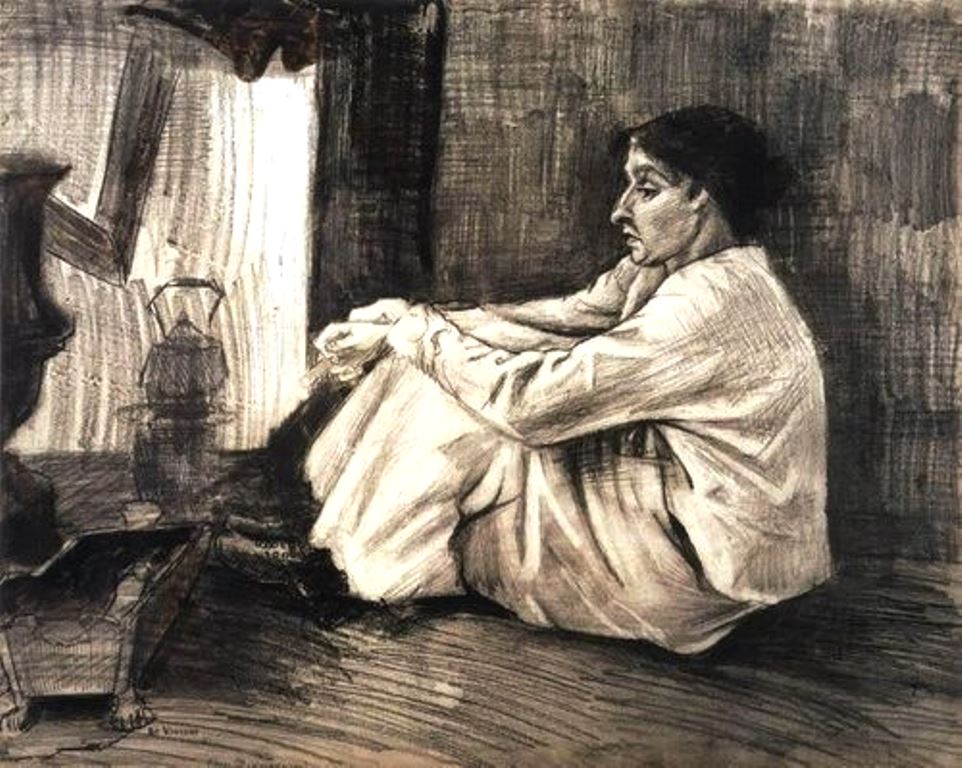Love, By The Hour
As dusk settles, the town of Sonagachi takes on a new personality. A young girl, barely nineteen, stands against the wall of a dingy old building. Eyes lined with kohl and figure draped in a substandard cotton saree, she is just one of the many women who stand on the pavement. As men, mostly cab drivers, disappear with them inside the rooms of the rusty old building, the scene portrays a typical night in the biggest red light area of the country.
In India, sex workers are on the periphery of social and economic life. Over the decades, not only has the form of existence of prostitution changed, but also the perspective and vision with which it is viewed. Despite India’s rich historical legacy of women empowerment which dates back to medieval Buddhist Literature that celebrated prostitutes, the fundamental concept of sex work evokes universal contempt and abhorrence.
Every person is entitled to fundamental human rights. However, prostitutes in our country face exploitation and considerable abuses of their human rights every day. Sexual harassment, disproportionate access to healthcare and forced HIV testing are among the many violations they face. During raids, many policemen are known to physically assault and publicly humiliate sex workers and demand bribes in exchange of avoiding imprisonment. However, the violence against them frequently goes unnoticed by the law enforcement agencies owing to the widely prevalent taboos surrounding the industry. A study conducted among a group of female prostitutes in Andhra Pradesh established a link between police brutality and higher risk of sexually transmitted infections including chlamydia and HIV, as well as inconsistent condom use.
If the situation wasn’t bad enough already, the pandemic brought forth a new set of problems for the community. The COVID-19 epidemic has disproportionately affected the lives of sex workers. Many sex workers, unlike other impoverished people, lack basic identification documents and are thus excluded from government programmes. This is due to a lack of a fixed address, since sex workers are often evicted from rented residences without warning.
Due to an unfavourable legal environment and prejudice towards female sex workers (FSWs), the majority of sex work in India is done in secret. Although prostitution is legalised in India, the associated legislative and enforcement framework has effectively turned it into a criminal offence. The ‘Immoral Traffic (Prevention) Act’ of 1956 criminalises acts related to sex work, including running brothels, living off prostitution profits, solicitation, and so on.
The right to autonomy has been bestowed on all of us. Every woman has the right to possess her body and do whatever she wants with it; it is her prerogative. Gender equality must entail dignity and equal respect for a woman who decides to work in this field. Such a stance promotes an optimistic outlook for a future in which prospects are no longer as bleak as they are now.
The recognition of sex workers as informal workers and their registration is important so they are able to get work benefits. Additionally, the government must conduct regular health screenings for the country’s sex workers. Women who work in the sex industry must get cancer tests and immunizations. Sex workers who submit complaints about violence should be provided enough legal protection.
Only the implementation of effective measures in place and respect and acceptance of their profession can allay the plight of prostitutes. The article does not aim to glorify prostitution, rather focuses on the humanitarian aspect of its acceptance.




Comments